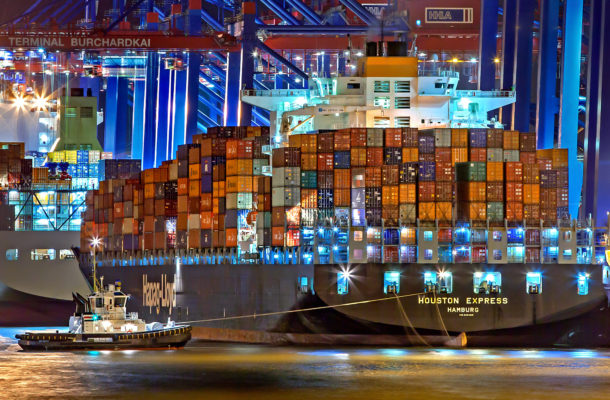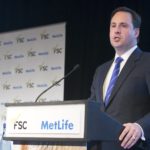Free trade agreements fall short for SMEs

A KPMG executive has told the Australian newspaper that companies are not making the most of the nation’s free trade agreements and urges the Coalition to revamp its trade policies.
Leonie Ferretter, KPMG’s director of trade and custom, used evidence from a KPMG/Thomson Reuters survey to claim that government programmes to boost the number of small and medium-sized businesses exporting abroad are ineffective.
“You’d like to think that, year on year, you’d be seeing a much greater use of free-trade agreements in place, yet we’re not seeing any exponential growth in the use of free-trade agreements. For me that’s a big standout,” she said.
The failure to fully exploit the potential of free trade deals is not confined to Australia. KPMG and Thomson Reuters survey 1700 companies across 30 countries every year and in 2016 the data showed that under a quarter used all the free-trade agreements available.
KPMG often work with firms which don’t realise the possibilities which free-trade deals can create.
“My next call is with a business which has been manufacturing and exporting into the ASEAN region for four years and they didn’t realise that they could have taken advantage of a FTA. So their product has basically paid duty going into the ASEAN region when in fact they could have had a much better bottom line, and competitive advantage when they were going into tender processes.’’
The Prime Minister often claims the Coalition’s free trade deals have increased opportunities for Australian firms and created jobs. Austrade also holds seminars across regional Australia to teach SMEs how to take advantage of FTAs with Korea, Japan, and China but Ms Ferretter said these seminars overstate the importance of legislation.
“I have been in free-trade agreement training sessions with clients, and their main job is not to navigate 42 acts of parliament to try and interpret how that free-trade agreement applies to them. I think it needs a re-think because Joe Bloggs producing five or six products is not going to sit there and wade through all of the legislation that applies to a FTA. It’s too complicated.”
Ms Ferretter said many smaller firms feel overwhelmed by the “burdens of navigating FTAs” and chose to outsource the tariff classification of goods, valuations and the determination of origin of goods to other brokers.
“If you look at manufactured goods, they have very complicated rules of origin and then if you have organisations which are dealing with multiple free-trade agreements, none of those free-trade agreements are the same,” she said.
“So if you pick one product, you have five free-trade agreement sets of rules that you need to review and apply to your product.”
Ms Ferretter hoped the new Trans-Pacific Partnership, an 11-nation deal due to be signed next month, would simplify procedures by creating uniform rules for companies exporting to more than one country, however she warned that many of these benefits and tariff cuts would not come into place for some years, depending on the commodity.
Australia’s SMEs have complained that exports to countries such as China remain hampered by non-tariff barriers, despite free trade deals being in place.
Commenting on the article, one small businessman complained that “I’ve been working on taking our products to China for over 18 months, but the Chafta agreement does very little for us. The amount of non tariff barriers is amazing and ensuring cash transfers, approvals, import VAT varies and customs “fees” is a complete nightmare.
“I think we are nearly there, although I said that 8 months ago. Our politicians are quick to gloat about a FTA but what it means to SME is basically nothing. That’s why there is little take up…The devil is in the detail and those people that negotiate these deals from an Australian perspective are way out of their collective depth.”
Others agreed that practical compliance problems and non-tariff barriers will always be a part of any trade agreement, with one commentator arguing that “it’s just easier for lazy-money, blind-eyed politicians and big companys to make a Free Trade agreement, rather then a Fair Trade agreement”.
He hoped that that new block-chain technology would make compliance cheaper and easier in the future.





